-
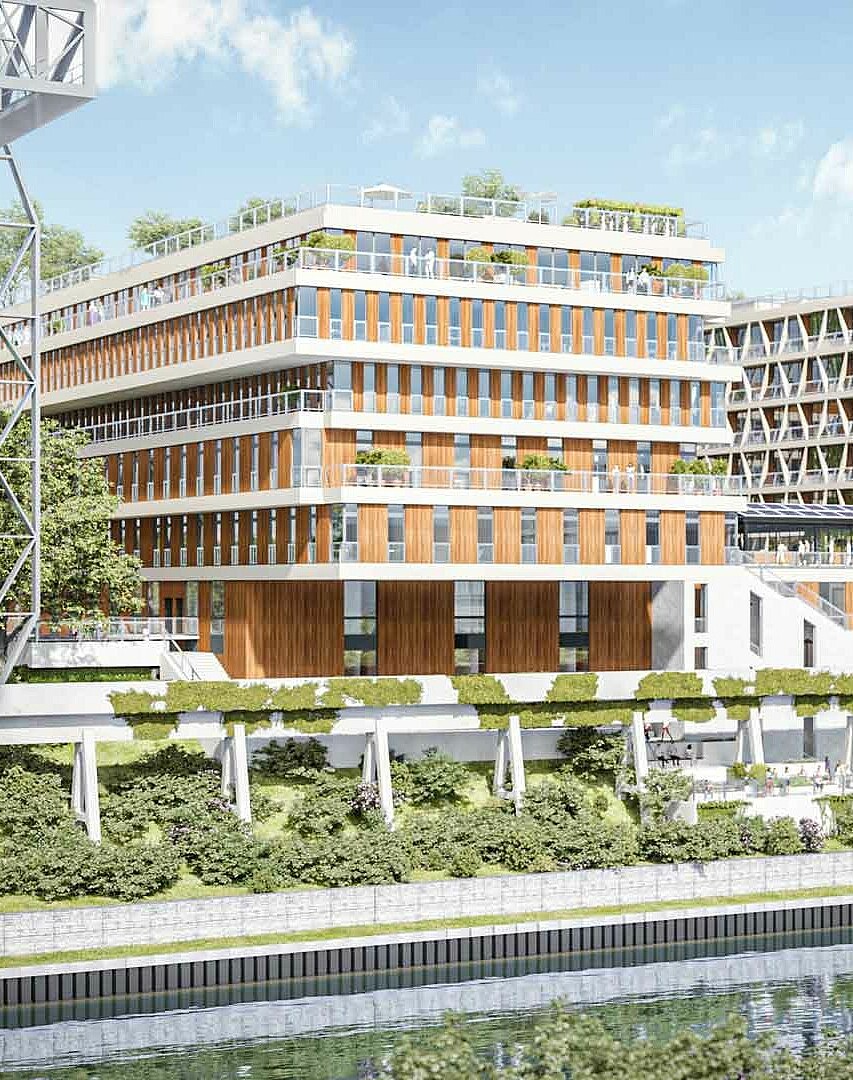
© edelviz
02.10.2024“Collaboration instead of competition”
How can we eat as healthily as possible in the future while at the same time preserve the earth as a habitat for people, animals and plants? The Food Campus Berlin is being built in Tempelhof-Schöneberg: In the future, science, business and politics will work here alongside and with each other on new solutions for a sustainable food system. The campus still only exists as a virtual community, but in around two years the project should also have a physically location. Among other things, the state-owned WISTA GmbH will develop and operate a start-up centre for FoodTech start-ups within the campus with a focus on “Smart Protein”. Lia Carlucci explains what else is planned and why the topics of alternative nutritional solutions and planetary health are of the utmost urgency. She has been Managing Director of the Food Campus Berlin since April 2024. For the nutritionist, innovation manager and founder, the campus is a project close to her heart.
Ms. Carlucci, the Earth’s ecosystem has been out of balance for a long time. What does our nutrition have to do with it?
Six of nine planetary boundaries have now been exceeded. This was last validated in 2023 in a meta-study on the health of our planet by 30 international scientists led by Johan Rockström from the Stockholm Resilience Centre. Our food system is an immense driver for exceeding these planetary boundaries. Around 30 percent of global CO2 emissions come from the food industry. It is also partly responsible for 70 per cent of species extinction on Earth. The cultivation of monocultures plays just as much of a role as the deforestation of rainforests. The food industry also plays a decisive role in the fact that fresh water is becoming increasingly scarce. Something urgently needs to change if we want to create a food system that can feed ten billion people in 2050 and at the same time stop exploiting the planet. High pressure to innovate.
What are the key levers and adjustment options?
In 2019, the EAT-Lancet Commission published the concept of the Planetary Health Diet, which is healthy for people and the earth. Roughly speaking, half of our plate should be filled with vegetables. Meat consumption in Germany would have to be reduced by 75 per cent: from currently over one kilo of meat to 300 grams per person per week. This does not mean that people will not be able to indulge in their desire for meat in the future. However, we need to rethink. We must understand that meat can also consist of raw materials other than animal.
And these are?
There are already good alternatives. Plant-based, fermentation-based, which is not yet authorised, or cell-cultured meat. The latter is of animal origin, but is produced differently. This is really where the biggest leverage lies. In a study, the Ökoinstitut and Greenpeace have calculated that such alternatives would free up to 40 per cent of the agricultural land currently in use in Germany alone for other uses. If we were to grow other healthy foods there, we could feed up to 70 million additional people and thus also make a major contribution to restoring the balance between global malnutrition and over-nutrition.
So it’s about more cereals and vegetables after all?
They can also be raw materials for meat alternatives. And these are mainly pulses and mushrooms. But they don’t have to be consumed one-to-one. Giving people only vegetables is not a solution. We are too used to eating meat. The decisive factor is: Only the basic material will change. In terms of nutritional profile and sensory properties, the products will taste just like animal meat. The entire meat alternative industry is still relatively young. Pulses and tofu, of course, have a long tradition in Asia. However, products that truly imitate meat have only been around for about ten years. And the first ones were very unhealthy – full of colourings, preservatives and flavour enhancers. There are now products that really do not contain any additives at all. In terms of protein content, many are identical to animal meat products. Another positive aspect: They contain less cholesterol and no antibiotics.
What is your objective for the Food Campus Berlin?
At the Food Campus Berlin, we are committed to a food system that is healthy and sustainable. Our grand vision is to establish Europe’s leading hub for the future of food. Our thematic focus is on the areas of smart protein – i.e. meat alternatives – robotics & AI and personalised nutrition. We want to cover 360 degrees around the entire food industry. Our overall mantra is “Collaboration instead of competition”. We will not solve the world’s major problems if we work against each other within an industry. Cooperation between science, business and politics must also be further intensified. And that is where we see our role: As a physical place where people meet and as a matchmaking platform for our tenants.
Why is Berlin a good location for the Food Campus Berlin?
What I find so great about Berlin is that it is an incredibly dynamic city. Around a quarter of the people here have an international background. We try to reflect this special spirit on the campus. And of course there is a lot of science in Berlin, which we are already working with. For example, Dr. Sascha Rohn, Professor of Food Chemistry at the TU Berlin, is on our advisory board. The HTW Berlin University of Applied Sciences is also part of our community. My idea is to create a talent pool through which our future tenants can acquire skilled workers – ideally from among the many great talents we train here in Berlin.
Who are the target tenants of the Food Campus Berlin?
This applies along the entire food value chain: From seed producers to machine manufacturers to food producing companies. For example, we also talk to catering companies and research institutions. We are also interested in related industries such as VC investment funds or market research. More than 3.7 million people currently live in Berlin. And they are mostly early adopters, so very progressive. This is a huge market.
Are there any tenants yet?
Yes, the first contracts have been signed. But I can’t mention the names yet.
Since August, the Food Campus Berlin has been cooperating with state-owned WISTA Management GmbH, which will develop and operate a “Smart Protein Hub & Makerspace” on the site. What is going to happen there?
The basic philosophy of WISTA corresponds to ours: To promote interdisciplinarity and bring people from different industries together. We will implement this there. In the future, small food tech start-ups will also be able to rent and use space and infrastructure in the Smart Protein Hub to research and develop sustainable cell- or plant-based proteins. Driving innovation in the food sector is research-intensive. Getting access to research space is not easy. The hub will also have a sensory room, a show kitchen and co-working spaces. With WISTA, we have a very experienced and well-connected partner at our side in the development of the start-up centre.
Further competence centres are planned, for example on the subject of individualised nutrition.
Yes, that’s right. “Personalised nutrition” is a major lever for reducing healthcare costs in the long term. The first measures are already being used successfully in the B2C sector, but the impact in community catering and gastronomy is of course much greater. Our current food system generates around 230 billion Euro per year in Germany alone. In contrast, the annual costs of unhealthy nutrition amount to around 16 billion Euro. 70 percent of these are health costs, 30 percent are environmental costs. Individualised nutrition can help to curb diet-related diseases such as diabetes, obesity and cardiovascular diseases, which now account for over 80 percent of all illnesses. Our diet is as individual as our fingerprint. Each and every one of us has his or her own metabolism and his or her own nutritional requirements. Personalised nutrition makes it possible to focus more on prevention – at home as well as in kindergartens, schools, canteens, hospitals and retirement homes.
And what is the topic of “Robotics & AI” all about?
Including automation in production. The shortage of skilled labour is also a huge issue in the food industry. Companies can become more efficient, economical and sustainable through robotics and AI. For example, there are agricultural robots that identify and treat diseased plants in a targeted manner, which means that far fewer pesticides need to be used. Our focus is on the opportunities that arise for the food industry through the interaction between people, companies and machines.
The Food Campus Berlin still exists solely as a virtual community. When is construction due to start?
Our financing is in place. However, it is linked to a certain pre-letting quota. We are working on achieving this. Then the excavators can finally get started. The Food Campus Berlin is scheduled to open at the turn of 2026/27.
The Food Campus concept is to be extended to other countries. Is Berlin a pilot project?
Our focus is currently 90 percent on Berlin. But we all know that the food transition, just like the energy transition, does not stop at national borders. We must find international solutions. We are currently in talks with Kigali in Rwanda and the government in Singapore. But this is all still in the very early stages.
Away from research and politics: How can each of us help save the planet through our diet?
In 2021, “Project Drawdown”, one of the world’s best-known climate NGOs, identified the 20 biggest levers that individuals and households can use to reduce greenhouse gas emissions. At the top of the list is a plant-rich diet, followed by less food waste. So we see how important it is to change our eating habits. Electric cars are only in twelfth place.
Interview: Ernestine von der Osten-Sacken
Further Information
- foodcampus.berlin
- Brain City Berlin Story: Think tank for the food of the future

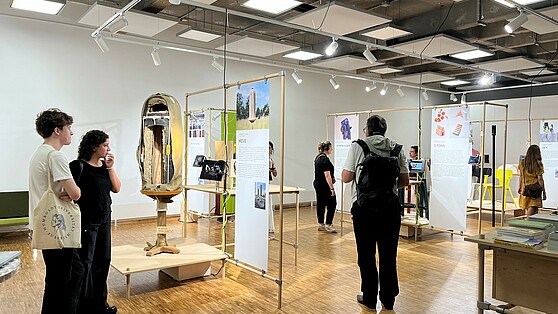
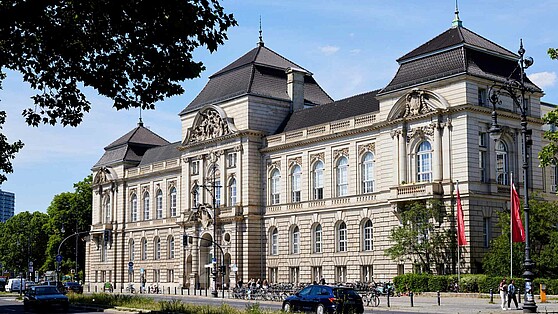


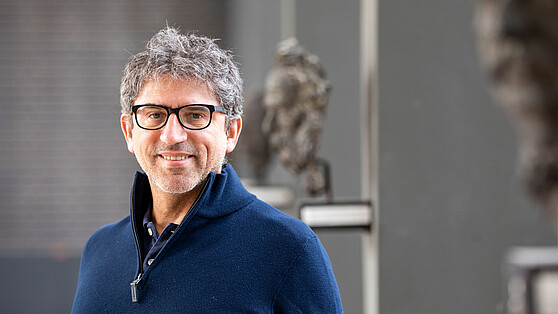
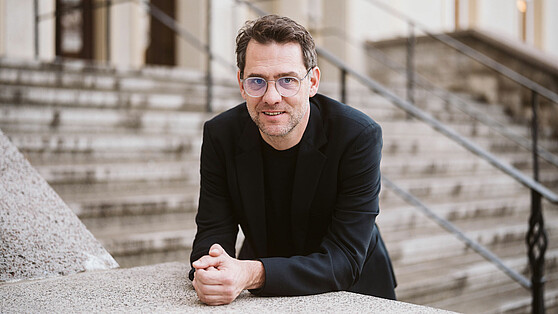

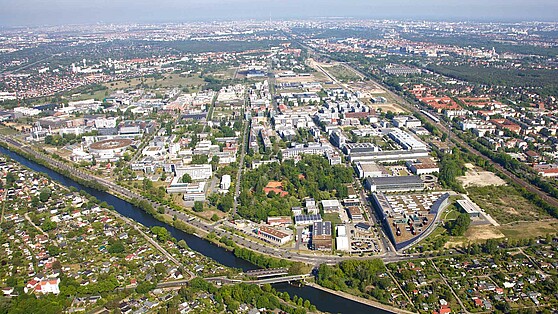
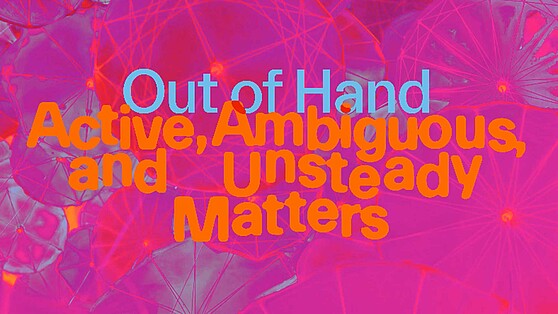

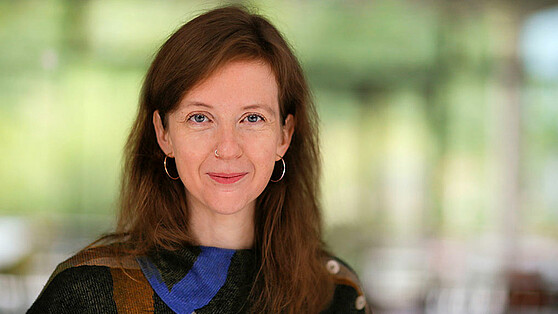

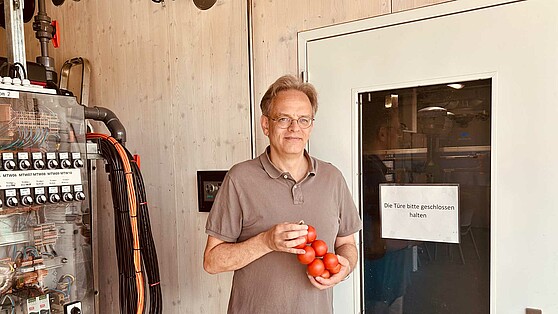





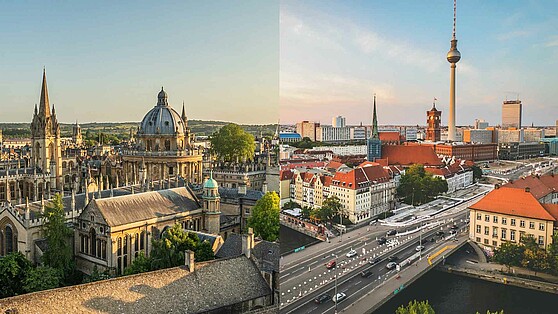

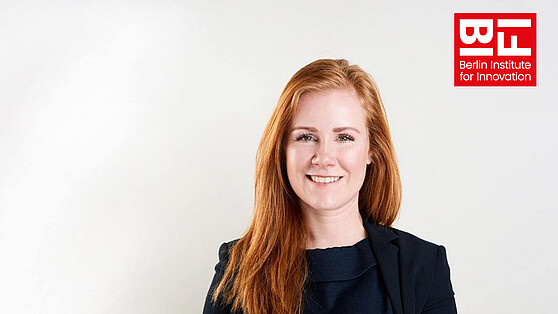











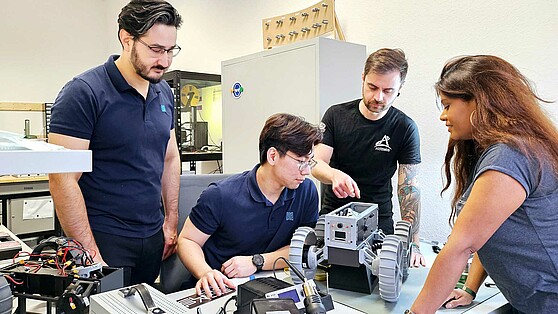




































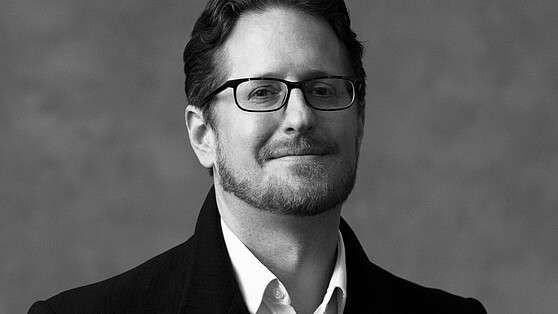




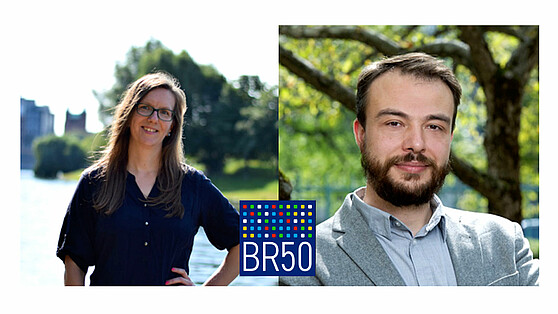










































![[Translate to English:] [Translate to English:]](/fileadmin/_processed_/9/d/csm_bwasihun-vdo_558x314_c0d384ce60.jpg)
![[Translate to English:] Berlin University Alliance/Matthias Heyde [Translate to English:]](/fileadmin/_processed_/5/a/csm_Berlin_University_Alliance_Matthias_Heyde-558x314_4bc591ca3c.jpg)
![[Translate to English:] David Ausserhofer/IGB [Translate to English:]](/fileadmin/_processed_/6/f/csm_Hupfer__Michael_____R__David_Ausserhofer_588x314_6fef164e57.jpg)
![[Translate to English:] Helena Lopes / Unsplash [Translate to English:]](/fileadmin/_processed_/b/6/csm_helena-lopes-1338810-unsplash_558x314_857802ad2f.jpg)
![[Translate to English:] HZB/M. Setzpfandt [Translate to English:]](/fileadmin/_processed_/f/a/csm_LNDW_HZB_558x314_e1e3500ed5.jpg)
![[Translate to English:] Tim Landgraf [Translate to English:]](/fileadmin/_processed_/0/7/csm_Car2CarEnergySharing_Tim_Landgraf_558x314_485bf716e9.jpg)
![[Translate to English:] [Translate to English:]](/fileadmin/_processed_/b/6/csm_Open-Access_Berlin-Partner_Wu__stenhagen_558x314_dd0c6e714d.jpg)
![[Translate to English:] Thomas Rosenthal - Museum für Naturkunde Berlin [Translate to English:]](/fileadmin/_processed_/6/d/csm_Museum_fu___er_Naturkunde_Berlin_Thomas_Rosenthal_f11b8ba056.jpg)
![[Translate to English:] [Translate to English:]](/fileadmin/_processed_/f/c/csm_TU_Berlin_Cem_Avsar_558x314_4b07bcb055.jpg)